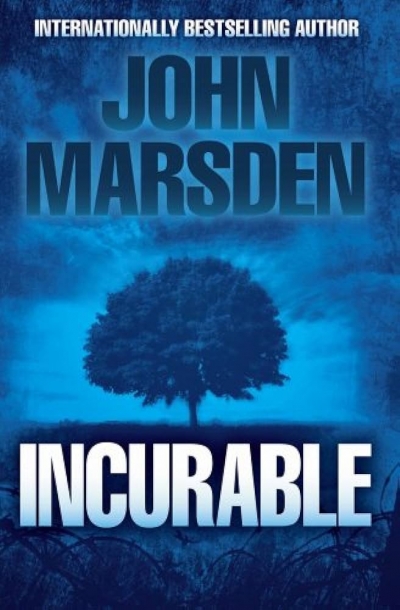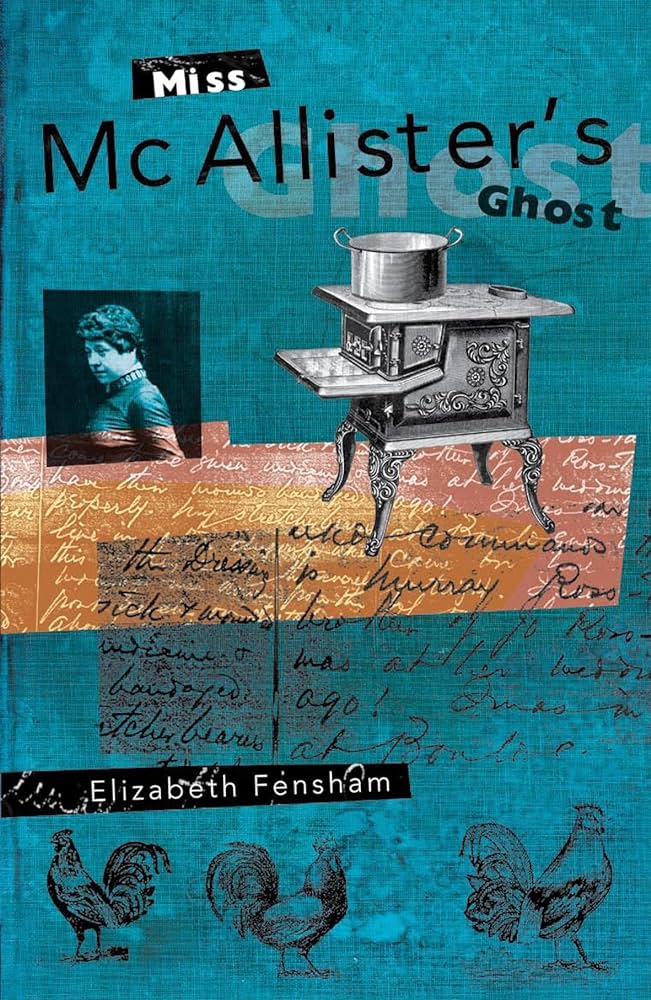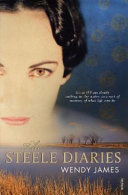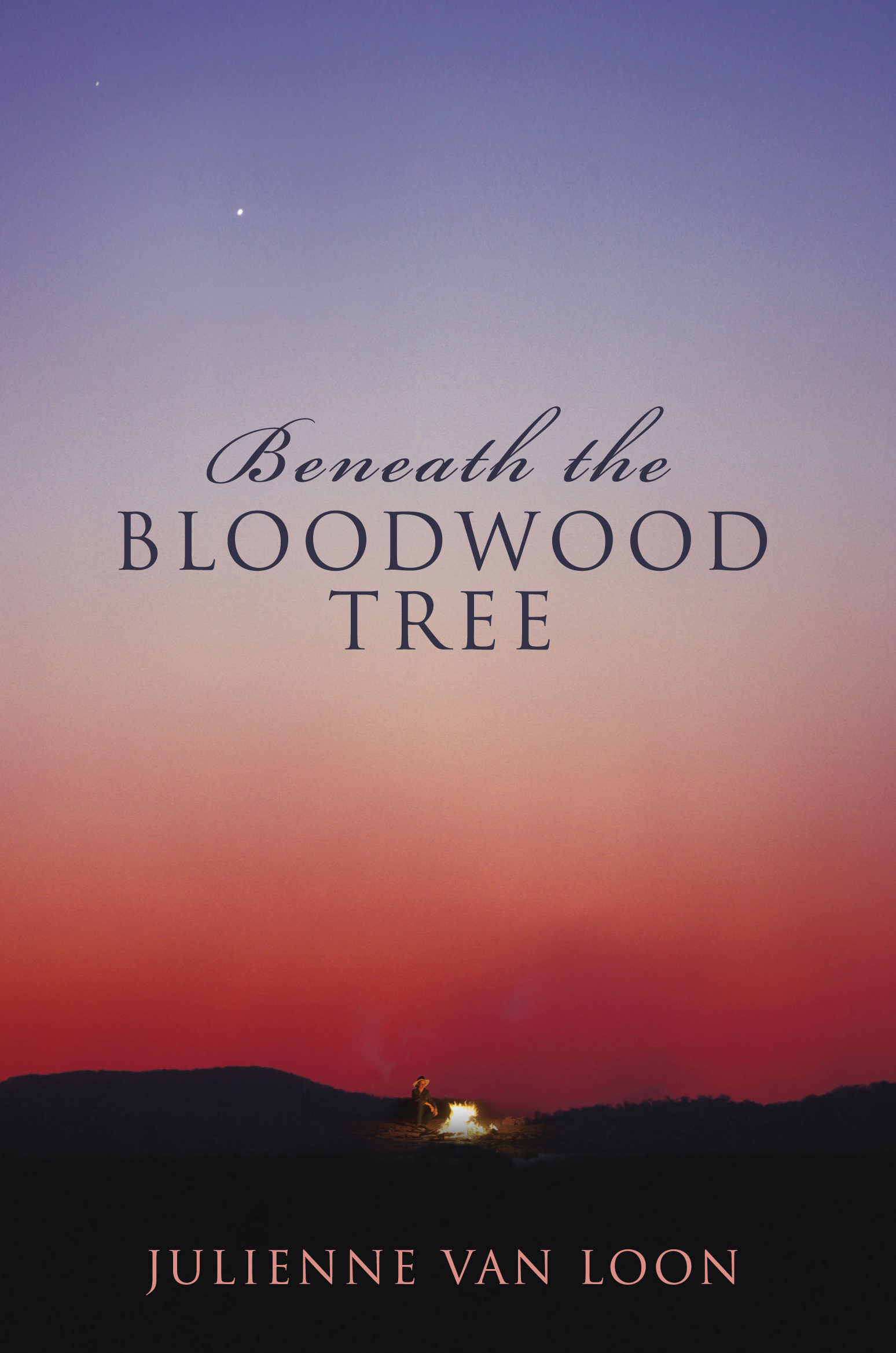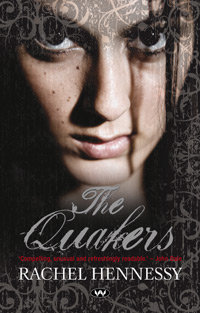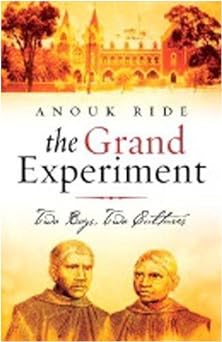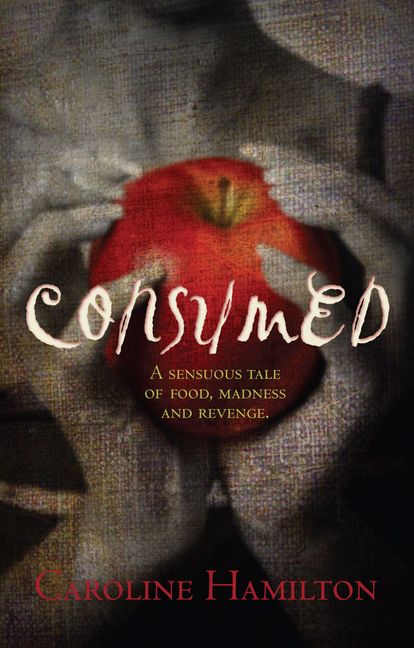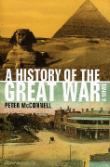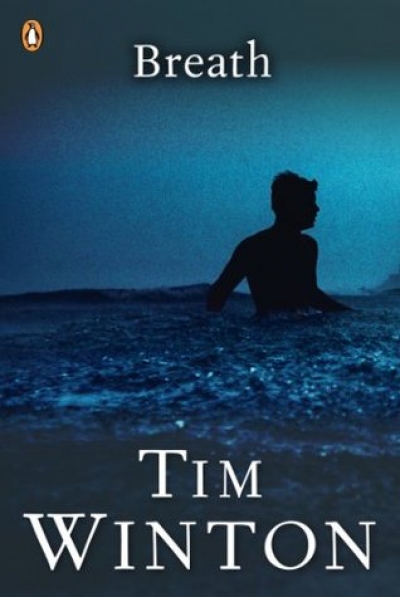Fiction
This splash of books demonstrates that the vigorous publishing for the young adult market embraces subjects as varied as mental illness, bullying, sleuthing in medieval times, crime in the present, defending an occupied Australia and two dead mothers; and is written across the genres of realism, fantasy and historical fiction. But how much is enticing to the adolescent reader?
... (read more)Miss McAllister’s Ghost by Elizabeth Fensham & Take it Easy, Danny Allen by Phil Cummings
Childhood is full of revelatory moments; sometimes shocking instants of understanding that people, events and relationships are not as they seem. They can happen in adulthood too, but those in childhood can have an intensity that makes them deeply formative. They might be subtle eye-openers or life-changing epiphanies, but they all cause a shift in perspective that changes one’s perception of the world. These six new books contain transformative moments for their protagonists, from the realism of family secrets to the fantasy of high-adventure mysteries.
... (read more)This is a novel about a mother, daughter, and granddaughter. Two of these women are artists, and the third is a medical practitioner. Wendy James explores creativity and the price it exacts, especially if the artist is a woman. James is also interested in biography, its limitations and potentially destructive effects. The title, The Steele Diaries, refers to the journals of a celebrated book-illustrator, Zelda Steele. In the 1960s, Zelda is a young mother of two, temporarily living separately from her husband when, mysteriously, she dies by drowning in the local river. This occurs just as she is fulfilling her potential as an artist. The main narrative is a first-person account by Zelda’s (now adult) daughter, Ruth, a doctor who has spent her life resenting her famous mother and modelling herself on her beloved father, Richard, the respected GP of an outback country town. Ruth’s inner journey towards an adult understanding of her mother and, thence, herself provides the central narrative. The trajectory begins immediately after her father’s death in the late 1990s, when Ruth is contacted by Douglas Grant, an international art critic and biographer of her long dead grandmother, modernist landscape painter Annie Steele. Annie was the first wife of painter Ed Steele, Australia’s most famous modernist artist. Douglas Grant, a lover of Zelda’s when they were young, is aware that she kept a journal and now wants to base a biography upon it. Grant is convinced that it must have been in Richard’s possession during the years since Zelda’s death.
... (read more)
Julienne van Loon won the Vogel Literary Award for 2004 with Road Story. Now, with Beneath the Bloodwood Tree, van Loon has passed the hurdle or hoodoo of getting a second novel written and published, although not with ease, and apparently with no resolved sense of the kind of novel she was intending to write.
Sarah Hay’s new novel is set in north-western Australia against a background of intense heat and bone-hard country, a continent away from the grim southern island setting of her previous novel, Skins (2001). Although this second novel by the Vogel-winning author explores a very different place and time, the two novels share some common terrain. Both unfold in remote locations where conditions of survival are harsh; both explore themes of loneliness, will, desire and the impact of colonisation.
... (read more)In October 1997 Canberra engineer Joe Cinque died following a lethal administration of heroin and Rohypnol. Two women were charged with his murder: his girlfriend, Anu Singh, and her friend Madhavi Rao. Singh was convicted of manslaughter over the death and sentenced to ten years’ jail (of which she served four); Rao was cleared of all charges.
... (read more)The story of the children Conaci and Dirimera, who were spirited away to Europe by a Benedictine missionary, Rosendo Salvado, in the mid-nineteenth century to be trained as Australia’s first indigenous monks, is arguably the first, forgotten chapter of Australia’s Stolen Generations. It is the subject of Anouk Ride’s The Grand Experiment, a compelling though problematic book, where a number of the author’s charges can also be levelled at her.
... (read more)A startling début novel by Melbourne-based author Caroline Hamilton, Consumed is a truly macabre story that will disturb and alienate some of its readers. The (at times patchy) prose revels in its gratuitous descriptions of the preparation of food, especially meat, but this may be a deliberate choice in the face of sanitised offerings available at your local supermarket.
... (read more)A History of The Great War alludes to an encyclopedic work that appeared in the wake of World War I. Bound in red leather and embossed with gold, it exemplified officially sanctioned history. Peter McConnell’s recommissioning of the title is more than mere irony: it throws down a challenge to our acceptance of conventional history. His central character is a latter-day Penelope, a decent, ordinary woman who nonetheless possesses many of the noble attributes often evinced by the Anzacs: endurance, resourcefulness, patriotism and courage.
... (read more)One of the intriguing things about Breath, Tim Winton’s first novel in seven years, is that it has a number of affinities with his very first book, An Open Swimmer (1982). Both are coming-of-age novels that attempt to capture some of the confusion and melancholy of youth ...
... (read more)

